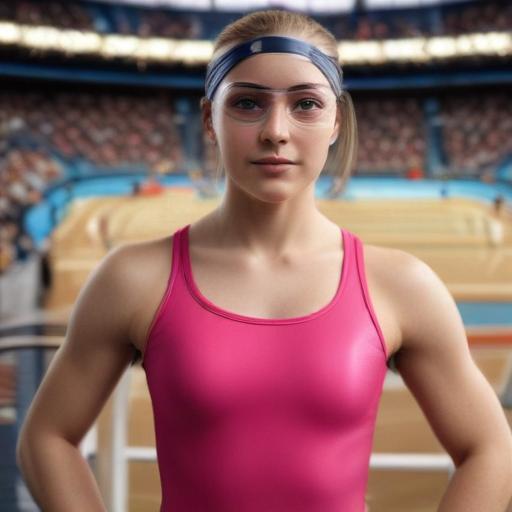Olympic gymnast Simone Biles recently sparked controversy with her comments regarding Riley Gaines, a former NCAA swimmer and advocate for women’s sports. The exchange kicked off after Biles criticized Gaines for opposing the participation of male trans-identified athletes in women’s competitions.
In a response aired on her podcast “Gaines for Girls,” Gaines expressed her disappointment in Biles’ remarks, stating that the gymnast’s tweets had tarnished her reputation among those who value honesty and morality in sports. Gaines emphasized the importance of protecting women’s spaces in athletics and questioned why women should have to accommodate male athletes.
The dispute escalated when Biles labeled Gaines “truly sick” in a social media post, accusing her of being a “sore loser” and suggesting that she should focus on uplifting the trans community instead. Biles proposed the idea of creating a separate category for transgender athletes across all sports, which she believes would ensure inclusivity.
Gaines, who has become one of the most vocal critics against allowing transgender women to compete in female sports, firmly countered Biles’ stance. She reiterated her belief that men do not belong in women’s sports, drawing from her personal experiences, including competing against Lia Thomas, a trans athlete, during the 2022 NCAA Championships. This encounter has been a significant element in her advocacy, particularly after she and other female athletes filed a lawsuit against the NCAA for policies that they argue endanger women’s sports.
At the conclusion of her podcast, Gaines extended an invitation to Biles for a discussion on women’s sports, highlighting the importance of dialogue on this contentious issue. This reflects a growing trend where prominent athletes are using their platforms to advocate for clear boundaries in women’s athletics.
This ongoing dialogue reinforces the broader societal conversations about gender, sport, and fair competition, and as both sides continue to articulate their views, it illustrates the complexities of inclusivity in athletics. There is hope that constructive discussions could lead to more equitable solutions that honor the integrity of women’s sports while considering the rights of all athletes.
